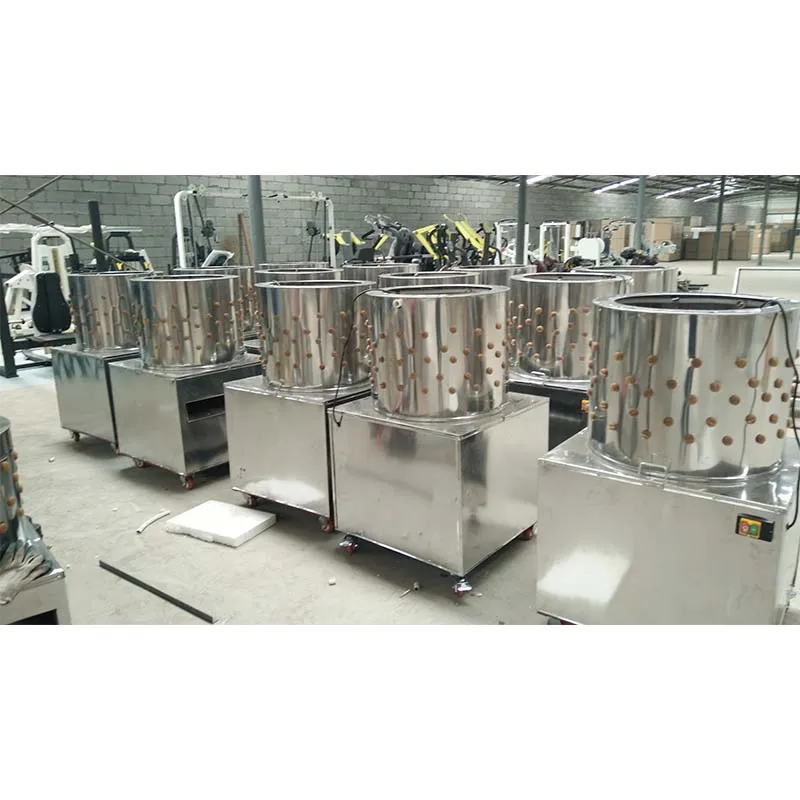animal feed mixers equipment
Oct . 05, 2024 02:18 Back to list
animal feed mixers equipment
The Importance of Animal Feed Mixers in Modern Agriculture
In the ever-evolving realm of agriculture, the quality and efficiency of animal feed preparation play a crucial role in ensuring livestock health and productivity. As the demand for animal products rises globally, farmers are increasingly turning to advanced equipment to streamline their operations. Among the most vital of these tools are animal feed mixers, which have become indispensable in creating balanced and nutritious feed for various livestock.
What Are Animal Feed Mixers?
Animal feed mixers are machines designed for blending various feed components to create a homogeneous mixture. The components typically include grains, vitamins, minerals, and other nutritional supplements tailored to the dietary needs of specific animals such as cattle, pigs, chickens, and sheep. The use of feed mixers not only saves time but also ensures that the feed is uniformly mixed, which is critical for the health and performance of the animals.
Types of Animal Feed Mixers
There are several types of animal feed mixers available on the market, each designed to cater to different operational needs. The most common types include
1. Vertical Mixers These mixers have a vertical auger that lifts the feed up and then drops it back down, achieving a thorough mix. They are ideal for smaller farms due to their compact size and efficiency in mixing small to moderate quantities.
2. Horizontal Mixers Featuring a horizontal mixing chamber, these machines allow for a high volume of feed to be mixed simultaneously. They are suitable for larger operations that require a consistent feed supply for a vast number of livestock.
3. Batch Mixers These mixers operate in discrete batches, allowing farmers to prepare feed mixtures tailored to their specific livestock needs on a per- batch basis. This method is particularly useful when the dietary requirements vary significantly between different animal groups.
4. Continuous Mixers Designed for large-scale operations, these mixers provide an uninterrupted feed blending process. They can continuously feed ingredients into the mixer, generating a consistent output of mixed feed, which is ideal for large commercial farms.
Benefits of Using Animal Feed Mixers
animal feed mixers equipment

The advantages of employing animal feed mixers in agricultural practices are numerous
1. Consistency in Feed Quality Mixer technology ensures that all components are evenly distributed throughout the feed. This consistency is vital for livestock health, as it prevents discrepancies in nutritional intake.
2. Time and Labor Efficiency Manual feed mixing is labor-intensive and time-consuming. Feed mixers automate the process, allowing farmers to focus on other critical aspects of farm management while ensuring that their animals receive the right nutrition.
3. Improved Feed Nutritional Value By allowing farmers to incorporate a variety of ingredients, mixers enable the formulation of customized diets that meet specific nutritional requirements. This variability leads to better growth rates, reproduction, and overall animal health.
4. Reduction in Feed Waste Efficient mixing minimizes the chances of over or underfeeding, as the nutrition is uniformly distributed. This precision can significantly reduce feed waste and ultimately lead to cost savings.
Future Trends in Animal Feed Mixing
As the agricultural sector continues to advance, feed mixers are expected to undergo further innovations. Incorporating smart technology, such as sensors and IoT connectivity, will allow for real-time monitoring of the mixing process. This development will enable farmers to adjust formulations instantly based on animal health data or market changes.
Moreover, with a growing emphasis on sustainability, feed mixers that can efficiently utilize alternative feed ingredients, like by-products from other industries or locally sourced materials, will become more prevalent. This shift not only promotes sustainable farming practices but also helps reduce the carbon footprint associated with transporting traditional feed ingredients.
Conclusion
In conclusion, animal feed mixers are a cornerstone of modern livestock management. By enhancing feed quality, boosting operational efficiency, and supporting sustainable practices, these machines are not just tools, but vital partners in the journey towards a more productive agricultural future. As technology continues to advance, the role of feed mixers will undoubtedly evolve, opening up new possibilities for farmers striving to meet the ever-increasing demand for animal products around the globe.
-
Automatic Feeding Line System-Pan Feeder Nipple Drinker|Anping County Yize Metal Products Co., Ltd.
NewsJul.29,2025
-
Hot Sale 24 & 18 Door Rabbit Cages - Premium Breeding Solutions
NewsJul.25,2025
-
Automatic Feeding Line System Pan Feeder Nipple Drinker - Anping County Yize Metal Products Co., Ltd.
NewsJul.21,2025
-
Automatic Feeding Line System Pan Feeder Nipple Drinker - Anping County Yize Metal Products Co., Ltd.
NewsJul.21,2025
-
Automatic Feeding Line System - Anping Yize | Precision & Nipple
NewsJul.21,2025
-
Automatic Feeding Line System - Anping Yize | Precision & Nipple
NewsJul.21,2025






